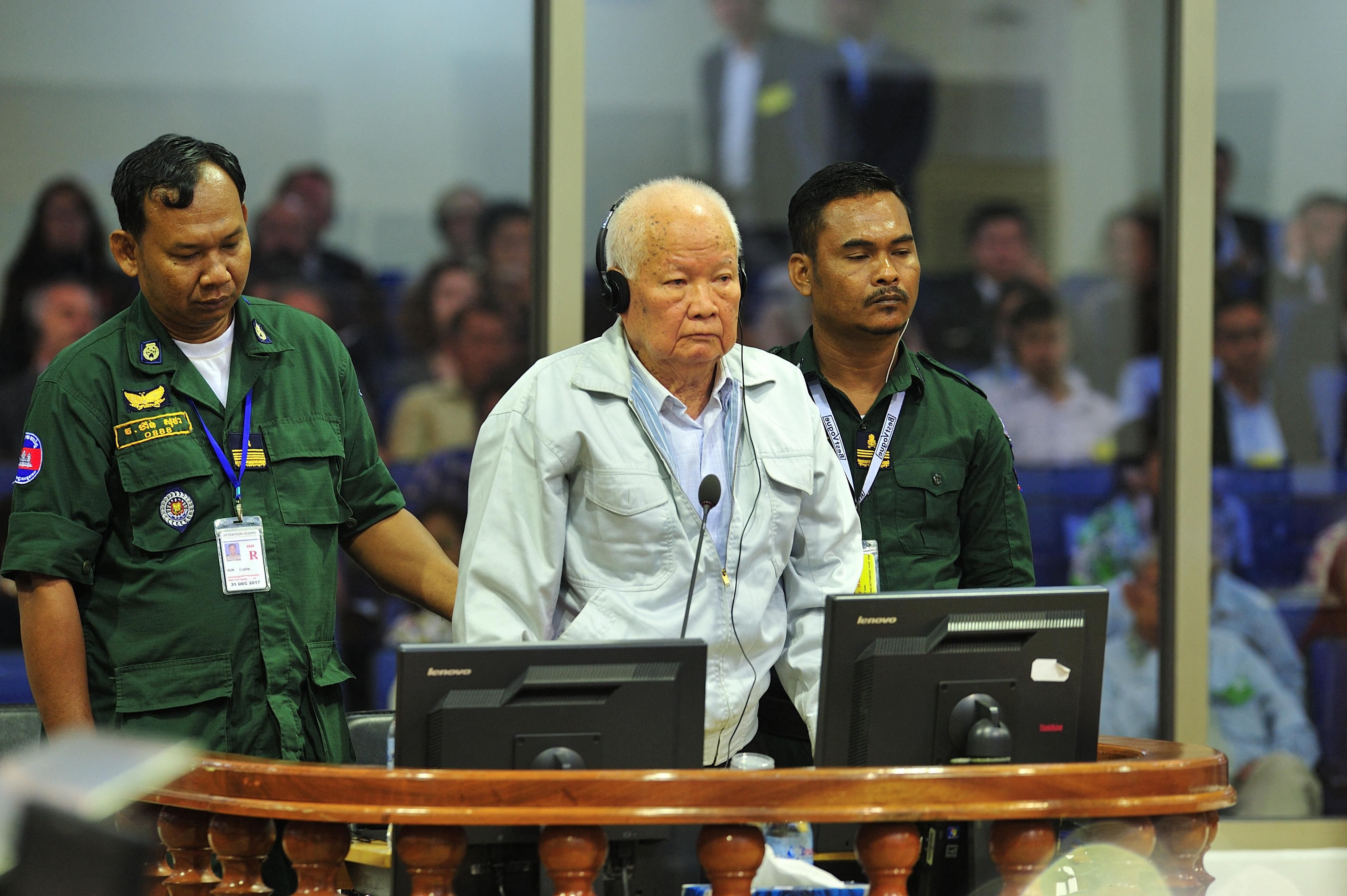Hard Numbers: Khmer Rouge convictions, soaring Sri Lankan inflation, Japan’s Yen-tervention, “Fat Leonard” nabbed
3: After a trial that lasted more than 15 years and cost hundreds of millions of dollars, a court in Cambodia managed to convict just 3 people in connection with the large-scale massacres that the Khmer Rouge regime carried out in the 1970s.
70.2: The inflation rate in crisis-wracked Sri Lanka has now reached a whopping 70.2%. The island nation is suffering an acute dollar shortage, which makes it hard to pay for imports of food, fuel, and medicine. In July, protesters ousted the government.
25: The Japanese central bank, which has kept its interest rates ultra low even as other major banks keep hiking theirs, intervened on Wednesday to prop up the yen for the first time in 25 years. Higher interest rates generally draw in investment, which boosts the value of a currency. The yen has lost a fifth of its value against the dollar this year.
35 million: “Fat Leonard,” a fugitive US military contractor at the center of a $35 million scandal, has been nabbed by local authorities in Venezuela. Apparently he was on his way to Russia. Washington and Caracas will now negotiate the terms of his extradition to the US.
This article comes to you from the Signal newsletter team of GZERO Media. Sign up today.
